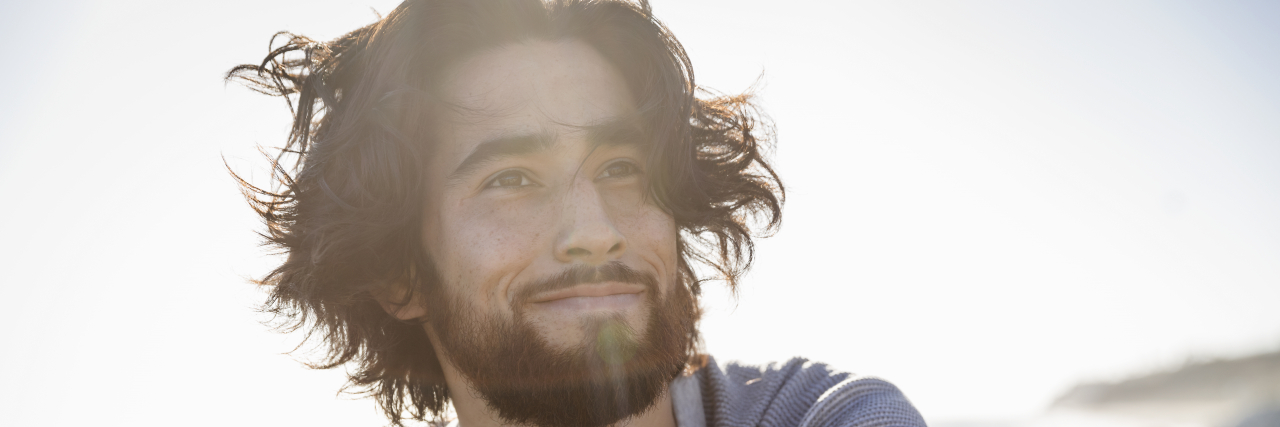My body was carried by a woman who when faced with adversity plants her feet and remains stable no matter the severity of the storm. It was made by a man with vigor, an insurmountable capacity to endure challenges, and the ingenuity to make a meal with a few forgotten pantry staples. Both have never cowered or run from anything — even each other — when at times they should have. Instead, they persevere, sometimes shaken, but nonetheless, moving forward.
My mom’s favorite saying is, “Chapter closed.” This is typically said when something traumatic has happened and we no longer want to discuss it. We instead begin the next chapter of our lives and hope for more. I’ve found myself saying “chapter closed” after a flare, or the failure of another medication. I’ve closed many chapters recently.
When I become frustrated with my body and its inability to withstand the normalcy of a full-time job, or its pain that leaves me reliant on a cane, I come back to the things I’ve inherited from the people I love. I remind myself that I embody the same vigor and willingness to persevere. Though I am flawed, I do not run or cower, I plant my feet and endure the storm and remind myself that my body is a good place to be.
I will not have biological children. I wouldn’t want to pass along the pain that comes with owning a body of my particular genetic mutation. If at some point I do have a child, when they are faced with the inevitable obstacles of having a body and navigating the human condition, I hope to pass along that same vigor and willingness to preserve. Though it won’t be hereditary, it will be taught. I was never taught to love my body; for years, I found comfort in destroying it. I pushed myself to extremes, and I prided myself on the ability to endure the damage I inflicted. Maybe if I was taught to love my body, to nourish it, and speak kindly of it, I wouldn’t have sought comfort in harming it — while unbeknownst to me, it was harming itself.
When your body begins to recognize its own tissue as foreign, and you’re presented with an illness that is out of your control, you become regretful of the harm you’ve inflicted on yourself. I wish I spent more time loving my natural weight instead of denying myself second helpings of my favorite meals. I wish I spent less time drinking. I wish I had spent more time being consciously grateful for my body’s abilities instead of doing my best to hinder them. I didn’t feel like my body was a good place to be then, which in retrospect is why I spent so much time being removed from it.
Now, even while managing chronic illness, my body is a good place to be because I take care of it. I honor its fatigue, I support it with a cane, and I listen to its desire for a second helping of my favorite food. I am consciously grateful for my body’s abilities, even when they are limited. I can’t imagine hating a body that was created by two people’s desire to personify their love. I have the height of my grandfather, the easily tanned skin of my father, the dark features of my grandmother, and the bone structure of my mother. I see the characteristics of the people I love that weren’t assigned to my DNA in my siblings, and it seems impossible to hate my body when it is made from and shared with the people who taught me what it means to be a good person. I feel the softness of my belly, the weight of the bags under my eyes, the dull ache in my legs, and I fall asleep knowing tomorrow there is time to love the parts of myself I was unable to love today.
Getty image by The Good Brigade.

